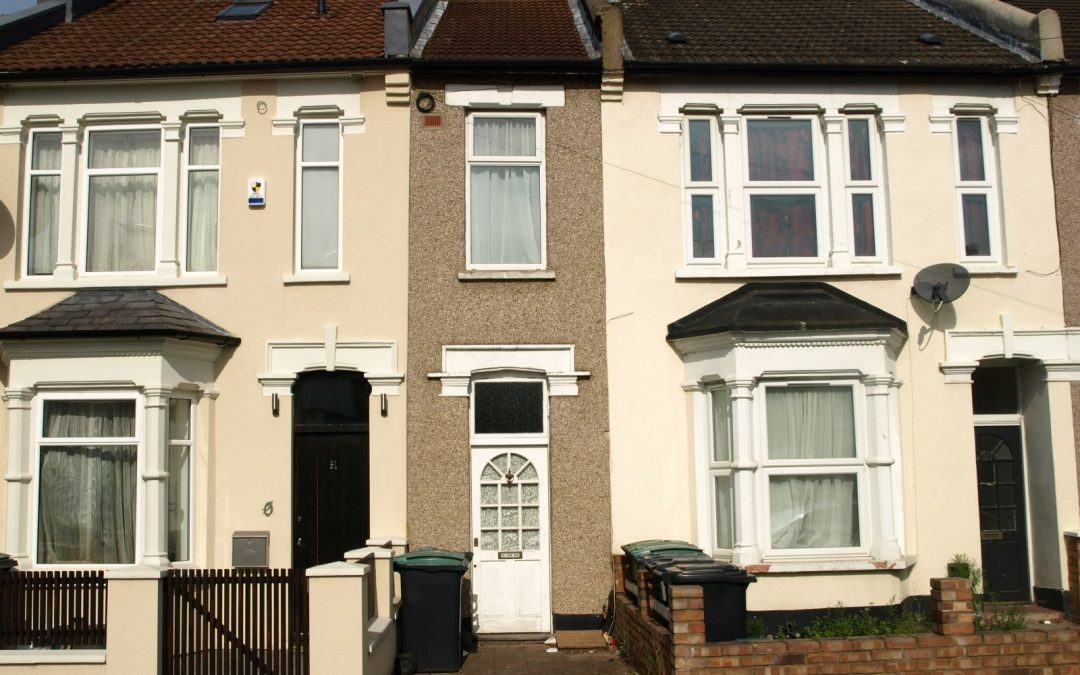Dear Peter,
Just thought you might like to know about our experiences in the property market, doing no money down deals.
A few years ago myself and a pal decided to try to make some money by buying a house to renovate and selling it on for a few £k profit. We are both married and owned our own houses with mortgages. Both of our houses had £20-30k equity. We had no money to invest in the property, so we raised the cash by both getting home-owner loans for £16k. We bought the first 3-bed terrace for £27k, and did all of the renovation ourselves. After about 8 weeks work it went on the market for £40k. There was little interest, so we decided to try to rent it out at £90 per week. This went very well. The rent covered the interest payments and left an annual cash bonus of around £2k, which was not bad, since we hadn’t invested a penny.
After about six months we decided to get another house in the same area, so we got an buy-to-let mortgage on the first house. Again, we did all of the renovation to a good standard to make the house attractive, and rented it out easily. We continued this process of buying run-down houses and renovating, and now have 10 houses, the latest one we bought 4 weeks ago and are renovating it now. The houses have recently in value to around £65-70k. Along the way, we both got a further advance on our home mortgages, as this is the cheapest loan you’ll get, so two of the houses do not have mortgages on them.
Since we both still work full-time, it has been a lot of hard work, but very rewarding. I must also state that we are both still married and our wives have worked as hard as we have in achieving this! We’ve enjoy reading your newsletters and it has given us plenty of new property investment ideas.
Our basic rules of thumb have been:
Being a successful landlord requires more than just owning property. It involves a combination of strategic decision-making, effective property management, and maintaining positive relationships with tenants. Here are some key factors that contribute to the success of landlords:
- Specialization in a Specific Area: One effective strategy is to specialize in houses within a specific area. By focusing your investments in a particular location, you can develop a deep understanding of the local market dynamics. This knowledge will help you identify the best streets, determine the going rate for rent, and accurately assess the value of houses in that area.
- Quality Renovations: When renovating your rental properties, prioritize quality workmanship. Investing in high-quality renovations can reduce future repair bills and save you time and hassle. By ensuring that your properties are well-maintained and in good condition, you can attract quality tenants and minimize ongoing maintenance issues.
- Responsive Property Management: Being responsive to your tenants is crucial for maintaining positive relationships. Address any repair requests or maintenance issues promptly and efficiently. Regularly communicate with your tenants and make yourself available to address their concerns. Treating your tenants as valued customers will help foster a positive rental experience and encourage long-term tenancy.
- Prompt Action on Rent Arrears: Non-payment of rent is a common issue that landlords may face. It’s important to react immediately if a tenant falls behind on rent payments. Start by being sympathetic and understanding, but also firm in ensuring that rent is paid on time. Establish clear policies and procedures for handling rent arrears and follow them consistently.
- Avoiding the Cheapest Properties in Run-Down Areas: While it may be tempting to purchase the cheapest houses in the most run-down areas due to their potential for high returns, it often comes with a greater risk of tenant hassles and non-payment of rent. It’s advisable to strike a balance between investment return and property quality. Investing in properties in desirable areas with good amenities and strong rental demand can lead to more stable tenancies and reliable rental income.
In conclusion, being a successful landlord involves a combination of strategic decision-making, effective property management, and maintaining positive tenant relationships. By specializing in a specific area, performing quality renovations, being responsive to tenants, taking prompt action on rent arrears, and selecting properties wisely, landlords can increase their chances of achieving long-term success in property investment.
Chris and Paul

